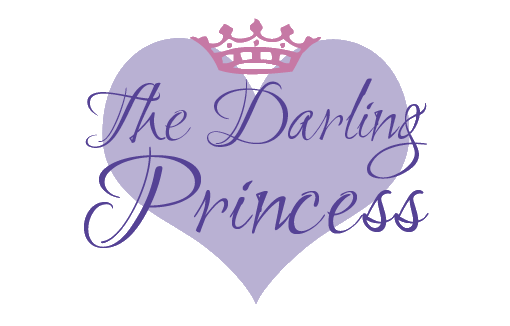
How to Think when You’re Hurt
When I was a small child, I was sexually abused. Most of the time, it happened in a barn, at the edge of my grandmother’s property. It started in the house though. It started with my grandmother and aunt preparing us with fear, manipulation and secret keeping. This went on for many years.
When I was old enough to refuse to go for the weekly visits, I stayed home alone. I would often be hanging around with nothing to do in our small northern mill city. I was lonely and often thought that I had no future. I was an easy target for grooming by a pimp. He slowly developed a relationship with me and drew me into sex trafficking in the role of a Romeo.
I spent four years in that life, alternating in and out of jail, foster care, home and on the streets. I was 14, the first time I was sold. A brutal, lonely aimless life ensued.
By the time I was 18, I was pregnant, living in a home for unwed mothers and beginning a whole new life. I had a lot of issues. I was hurt. I’d always felt like damaged goods, even though I was often told the reason for my abuse was that I was special. That only made it more agonizing. If I am special, why does it feel so sickening?
My healing road was a long one. I had to change the way that I thought. I had to learn a whole new way to think. I don’t mean to tell you what to think, only how. How to think when you’re hurt.
- Think Actively. We all have a tendency to ruminate on any thought that pops into our minds. We are influenced to think about things from the persecutive of the past, the media or friends. If we are thinking actively and not passively, we’ll question things.
Is it true? Is it helpful? Does it build me up or tear me down? Do I need to explore this thought or will it just grow a root of bitterness? I may remember a particular time of abuse. If I dwell on it, what will the outcome be? So, actively thinking, I may decide to consider what I can do now to prevent that from happening to someone else. That way, I am using that memory to build productive thought.
- Think Purposefully. Let’s stick to the one incident memory. When evaluating the scene, the process, the repercussions, I can decide to think about the big picture.
If I allow thoughts of self-pity and guilt to prevail, self-centered thinking will stunt my empathy. It will make it harder for me in my relationships now. If I step back and realize that the perpetrator is at fault and that no one deserves to be used and abused, I can manage my emotions better. I need to grieve, but I must not let it overtake me. I remind myself that I am valuable, loved and needed. You may use other adjectives. The point is to think on purpose.
- Think Creatively. Thinking creatively builds new pathways in our brains. People who have suffered child sexual abuse have been shown to have depleted areas in their frontal lobes. It stunts the ability to make sound decisions, to relate and trust, and even disrupts the very ability to think in stressful situations.
Daydreaming is really actively creating a scenario. The problem we might face, is that we can daydream bad stuff. Don’t allow yourself to do that. Daydream the best day you can. Imagine stepping into the most enjoyable situation. Use a picture or a painting or go outside. Read to get your imagination going.
Whether you are crafty or not, think about making things. Draw, color, write, paint, garden, cook, dance, sing, arrange flowers or furniture, anything you are able to. You may need to watch others to get inspiration. Join a group doing something expressive.
If you have suffered abuse, I highly recommend that you actively use ways to think that help you heal.
What ways of thinking bring you healing?



